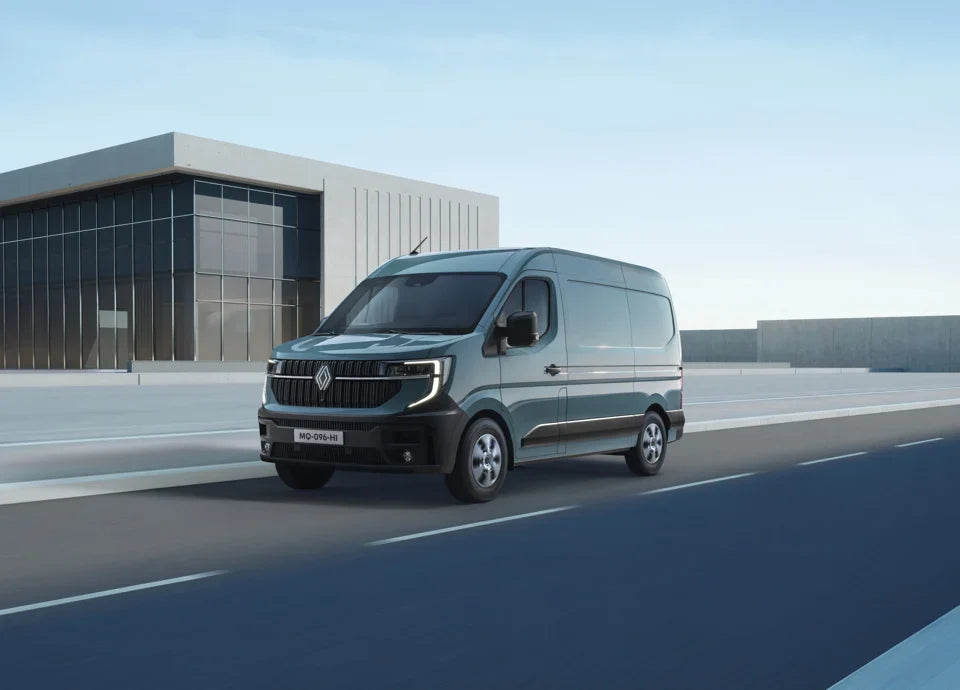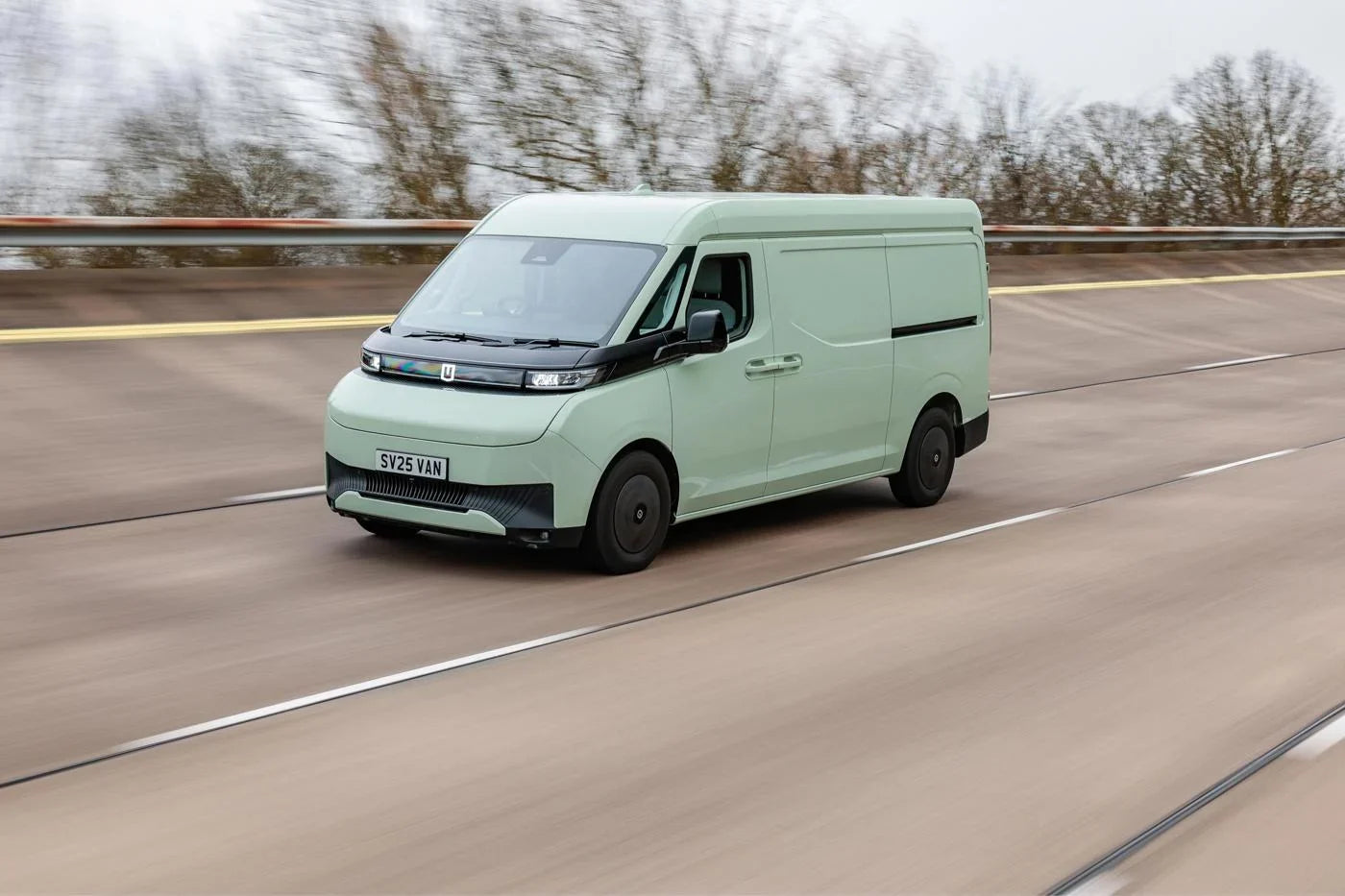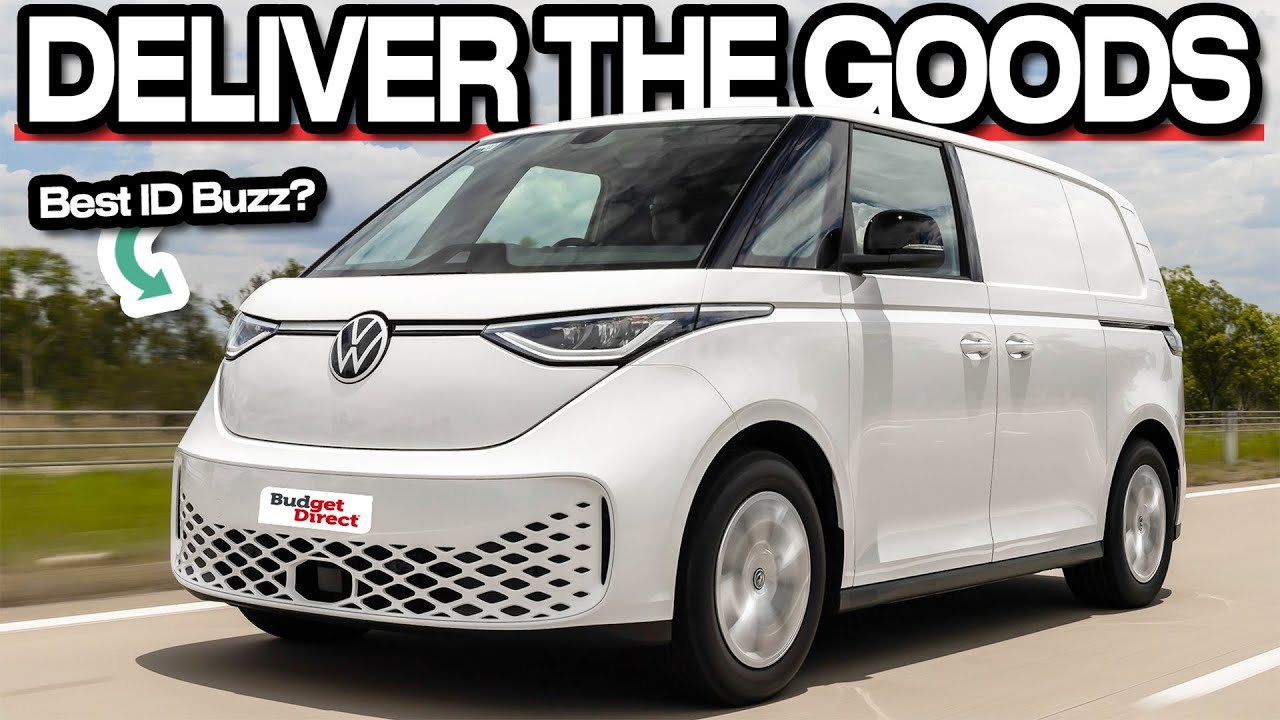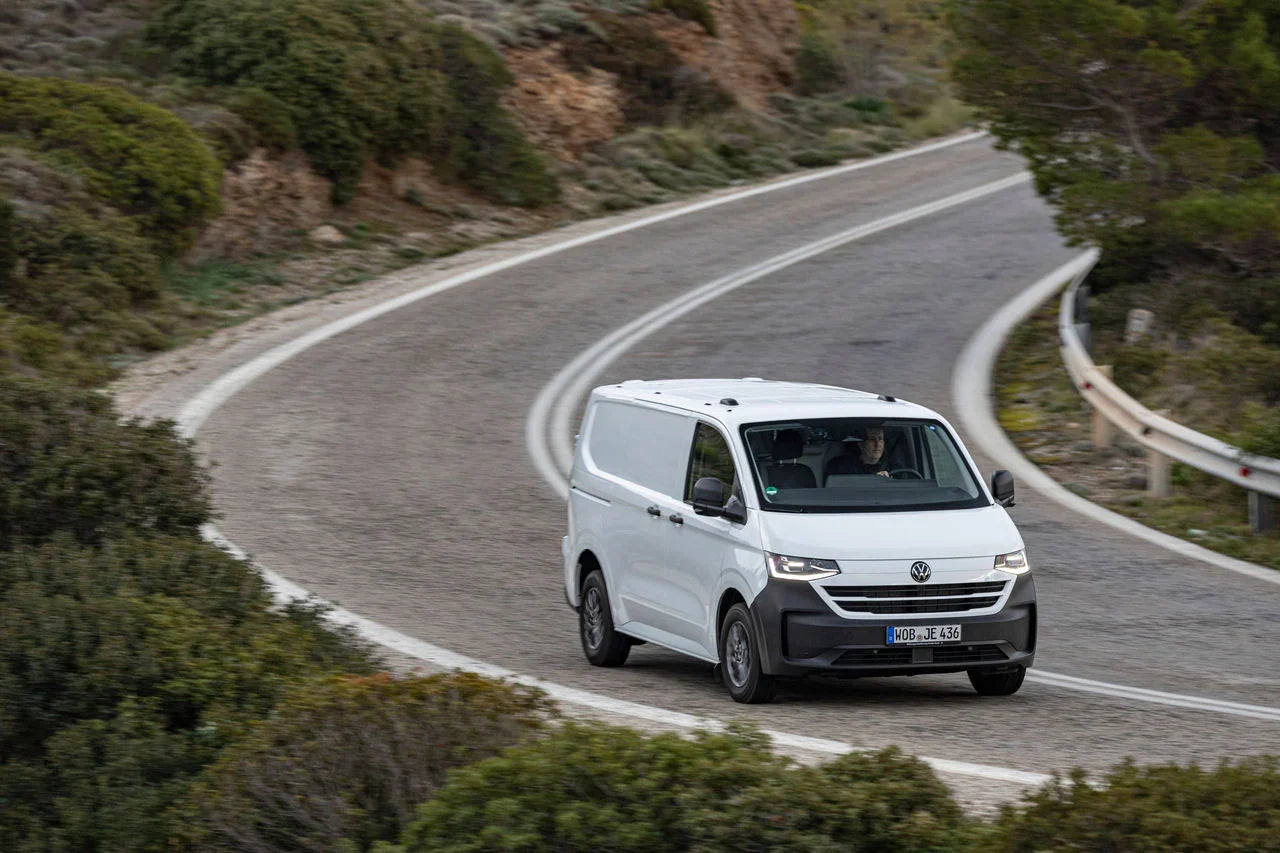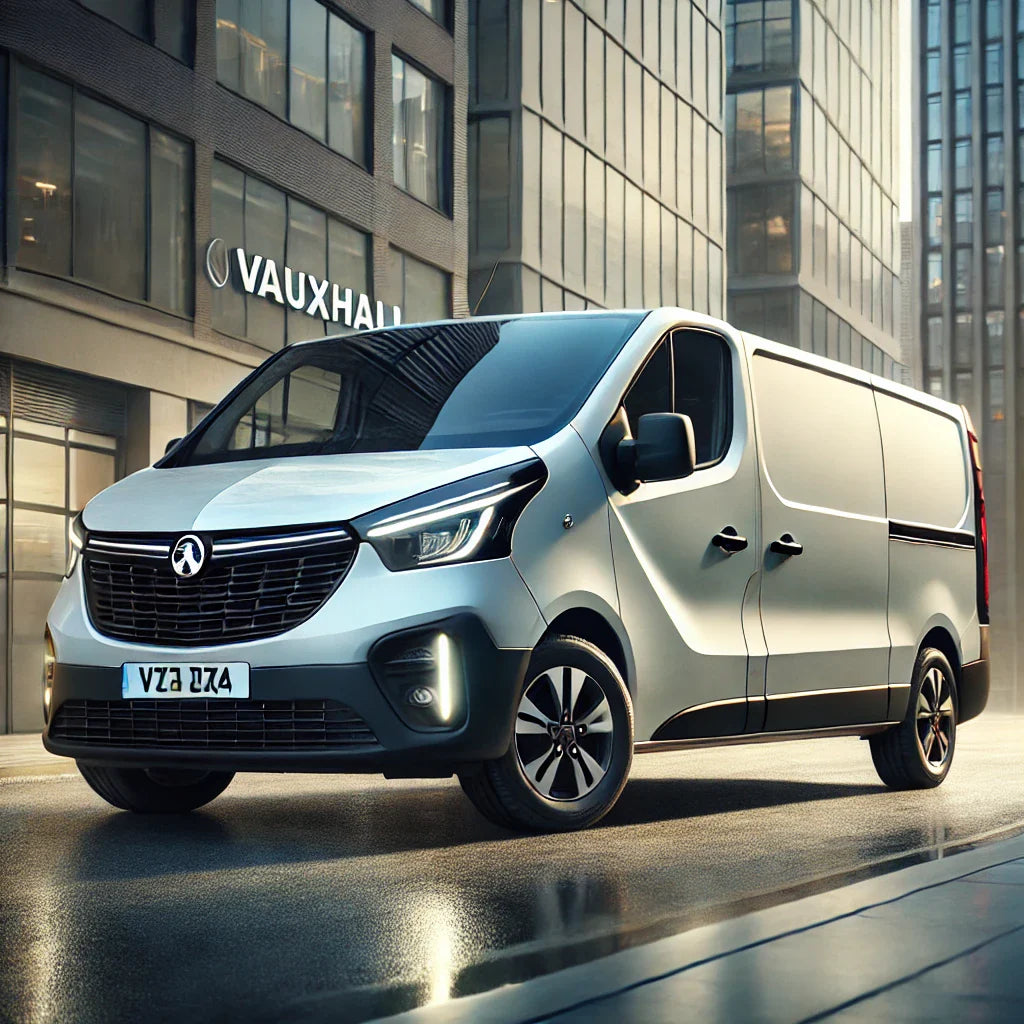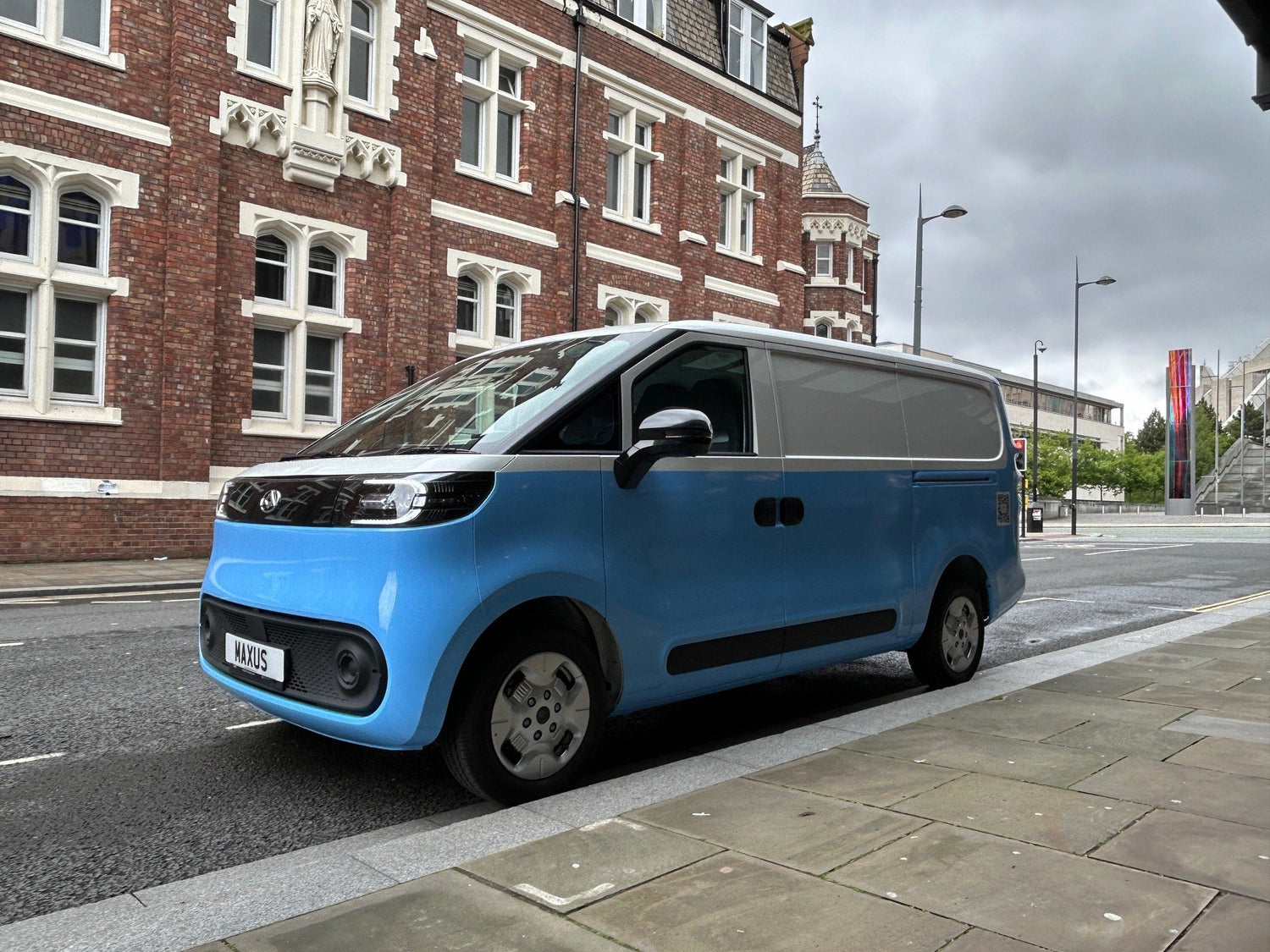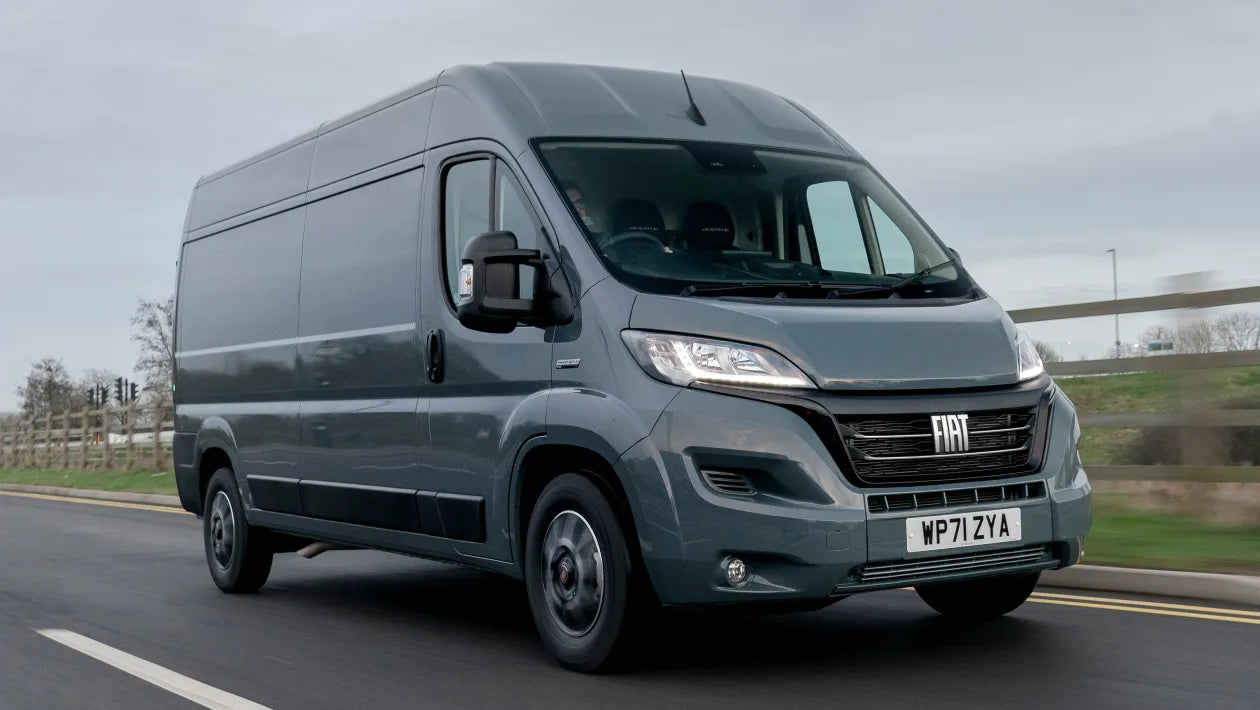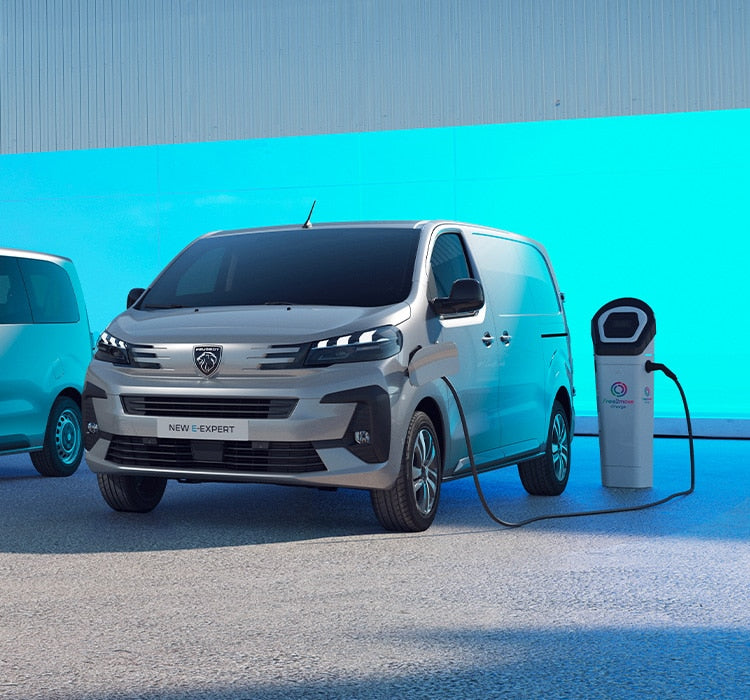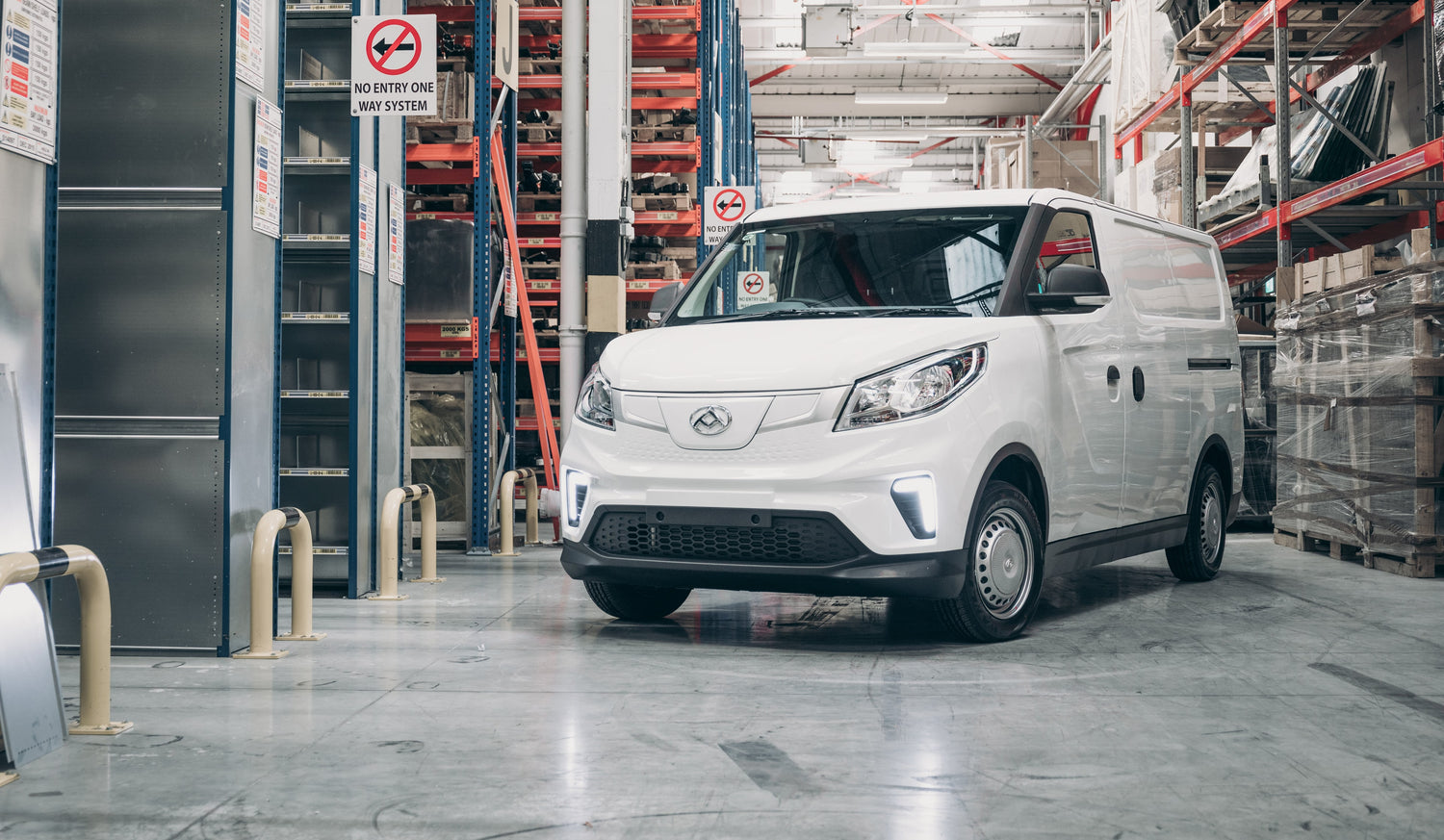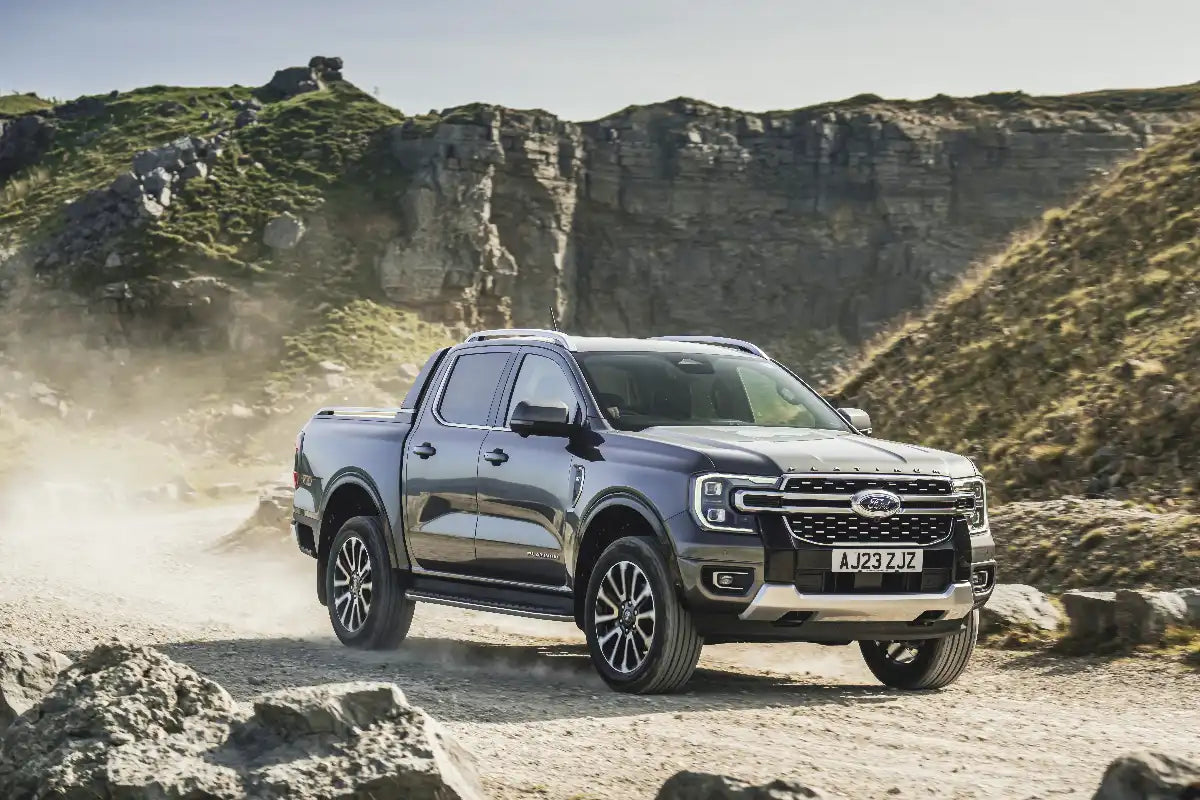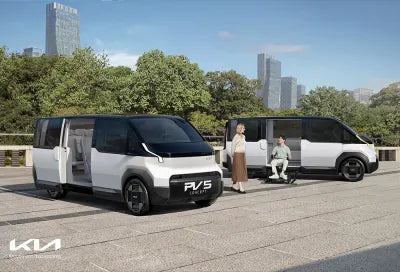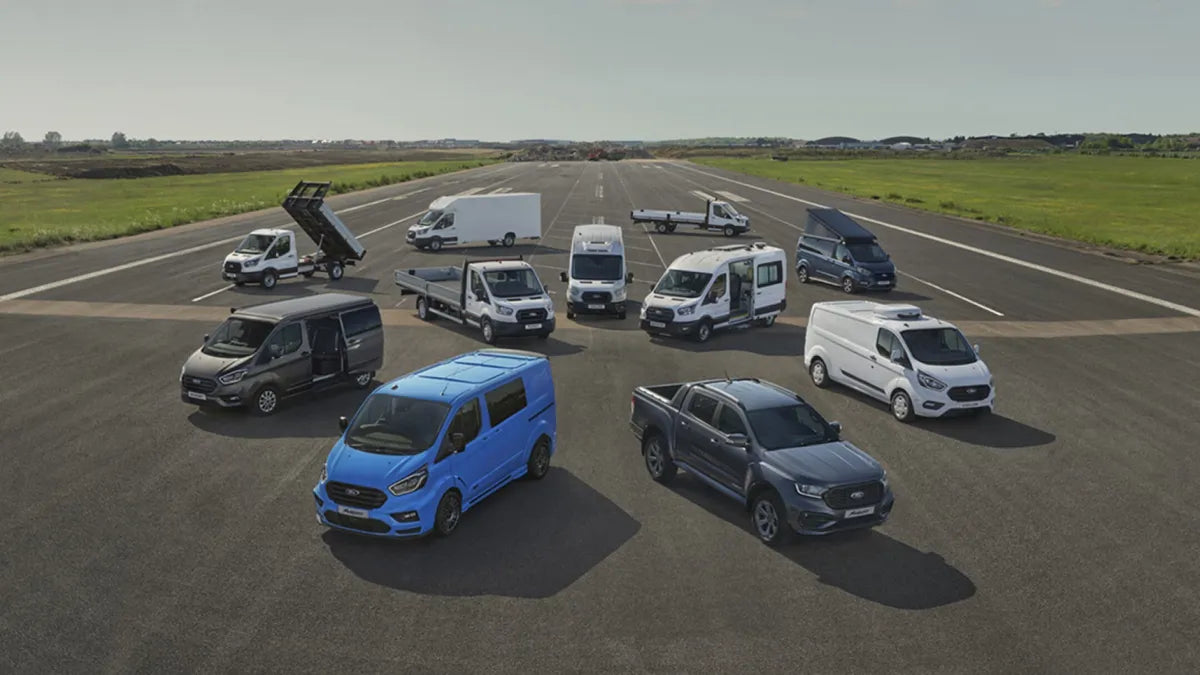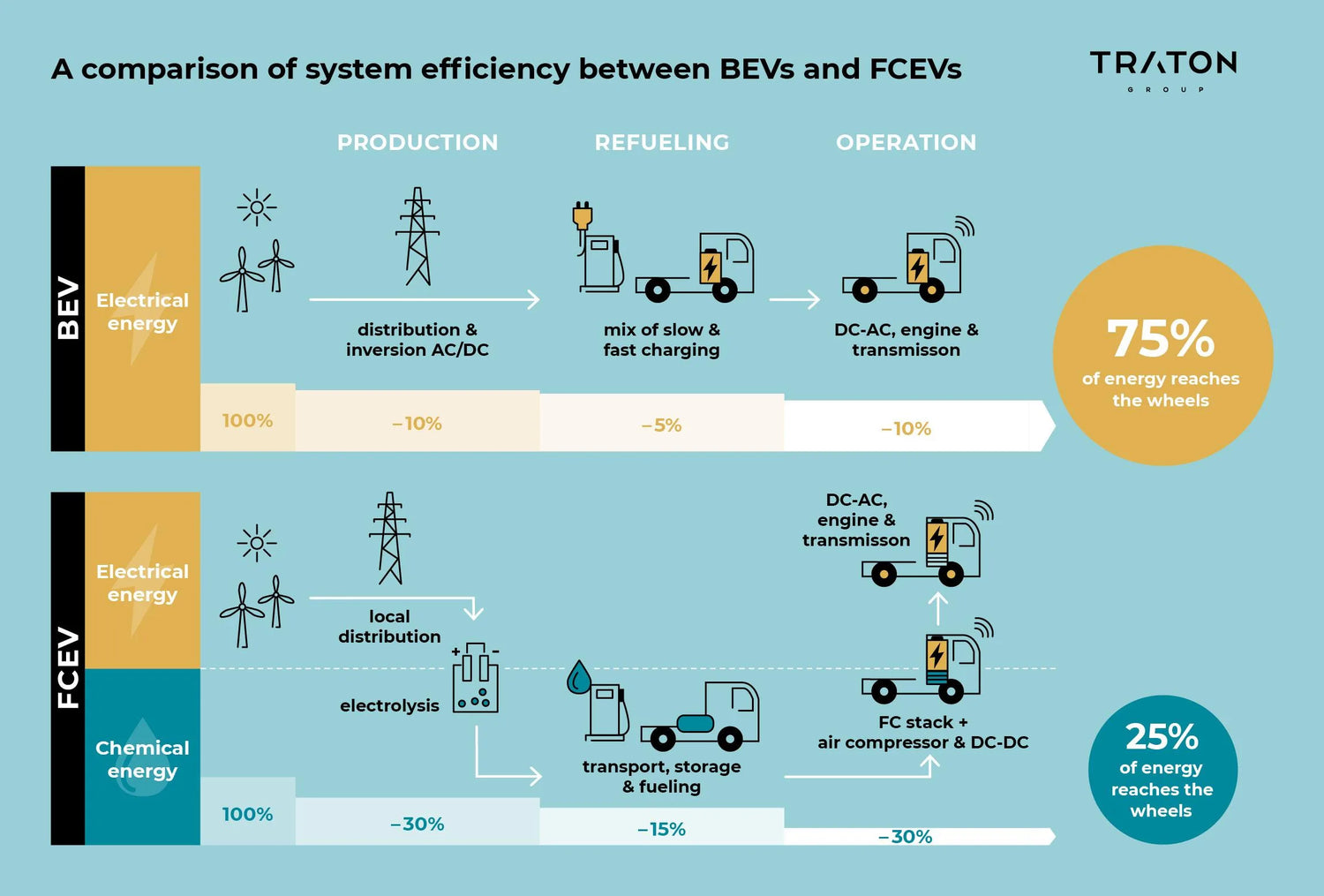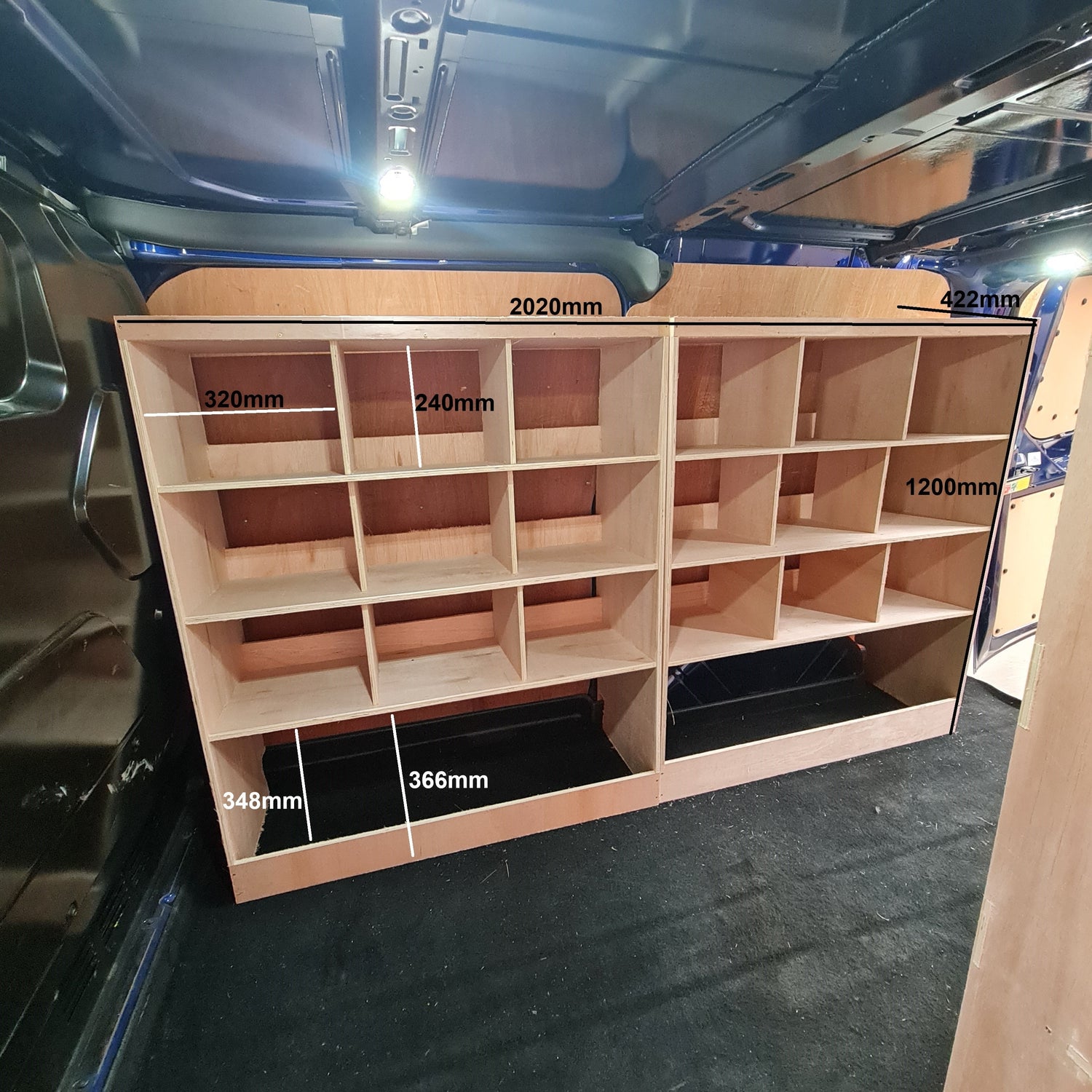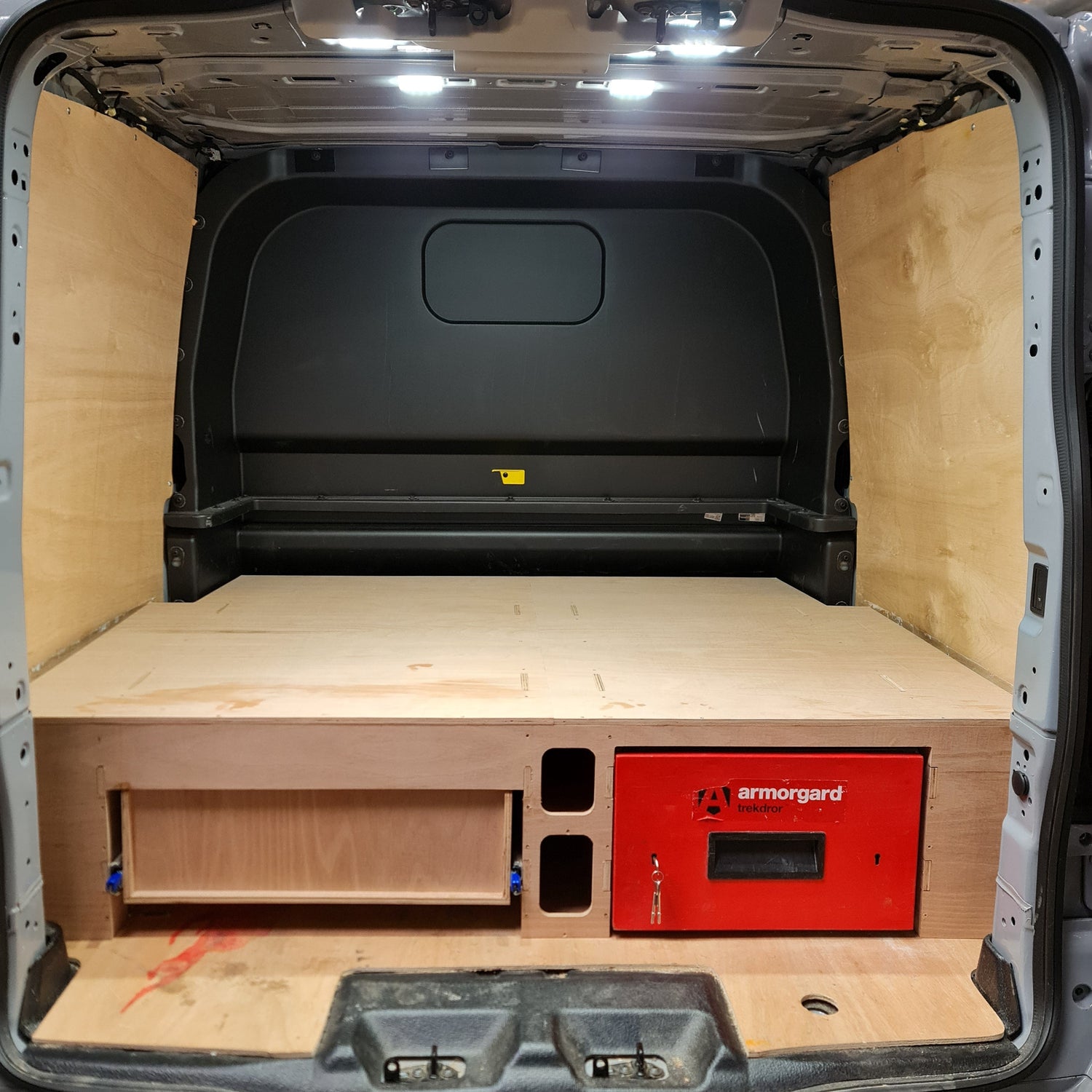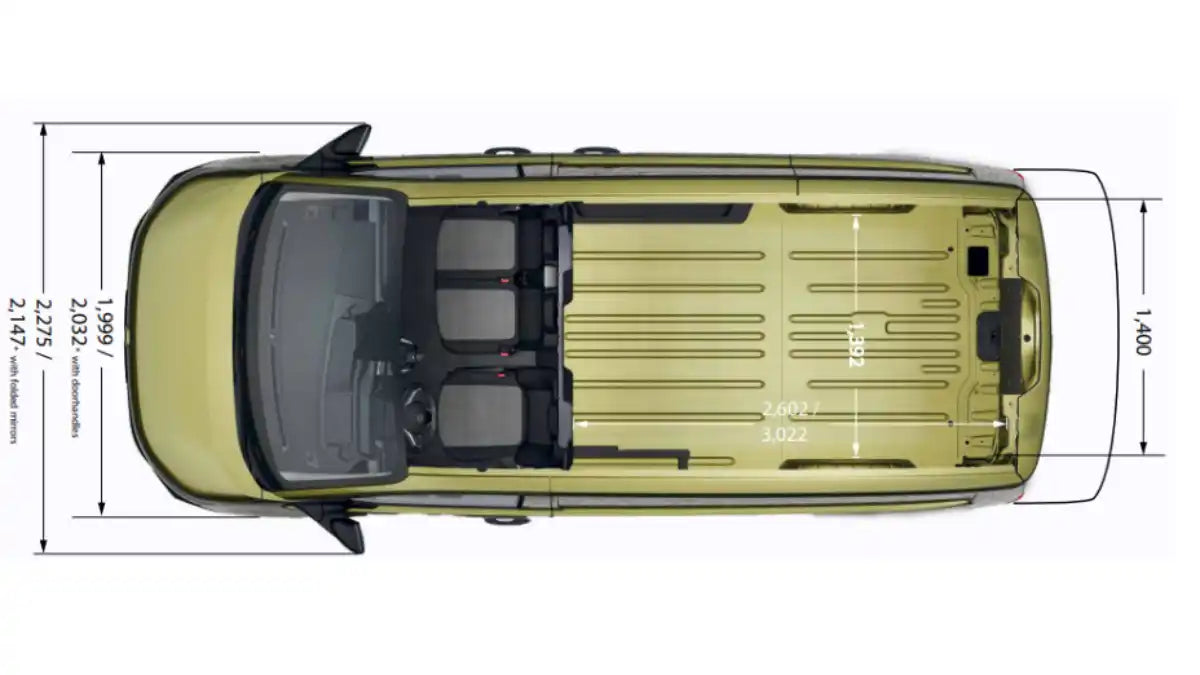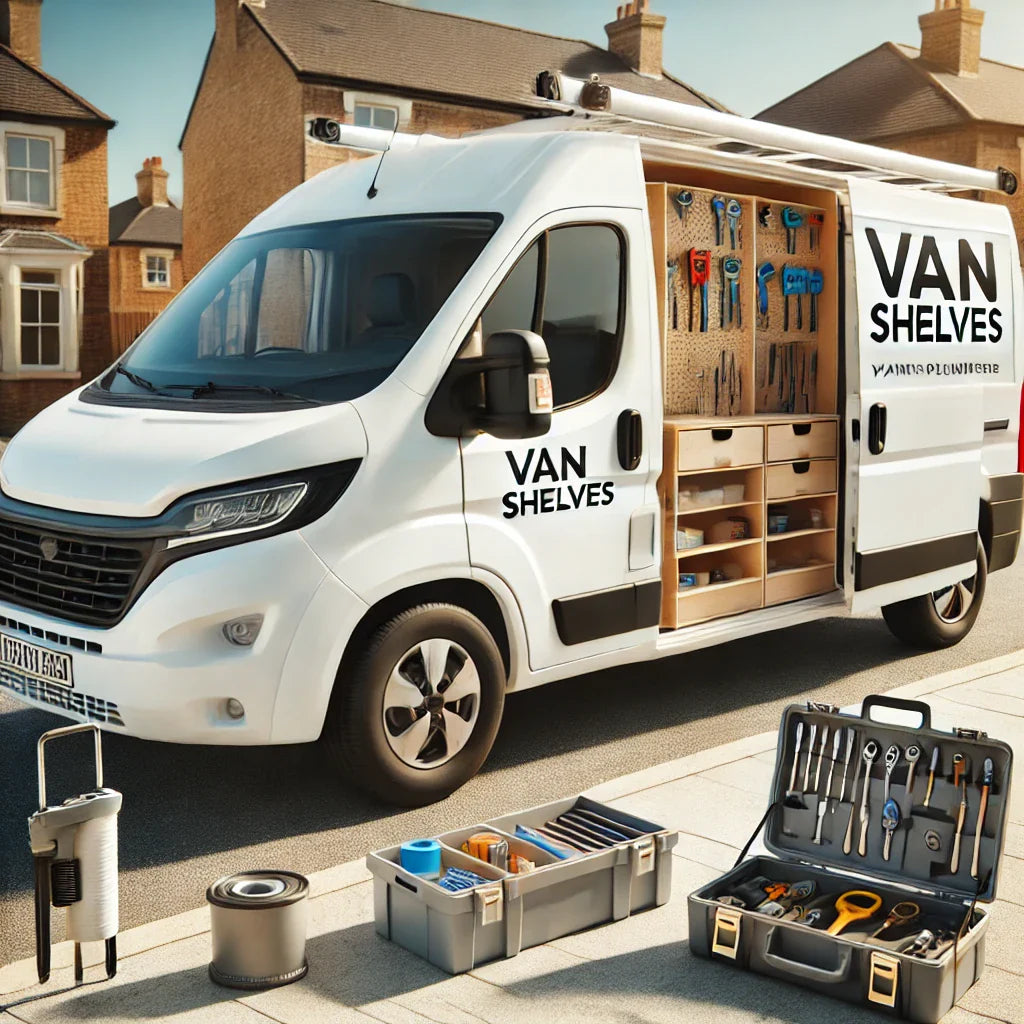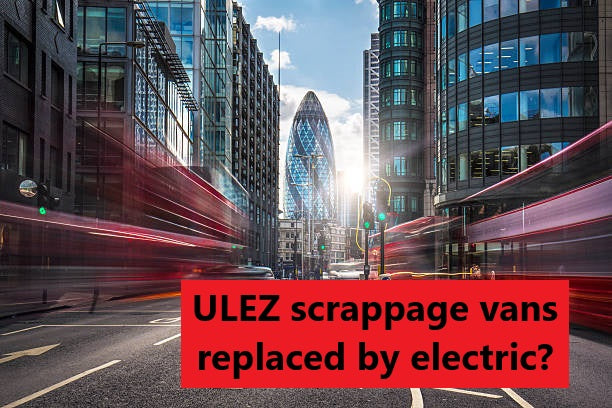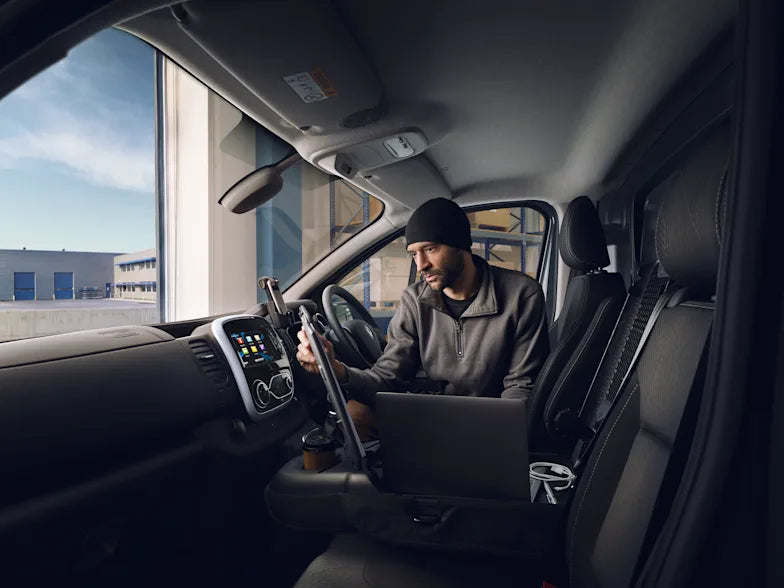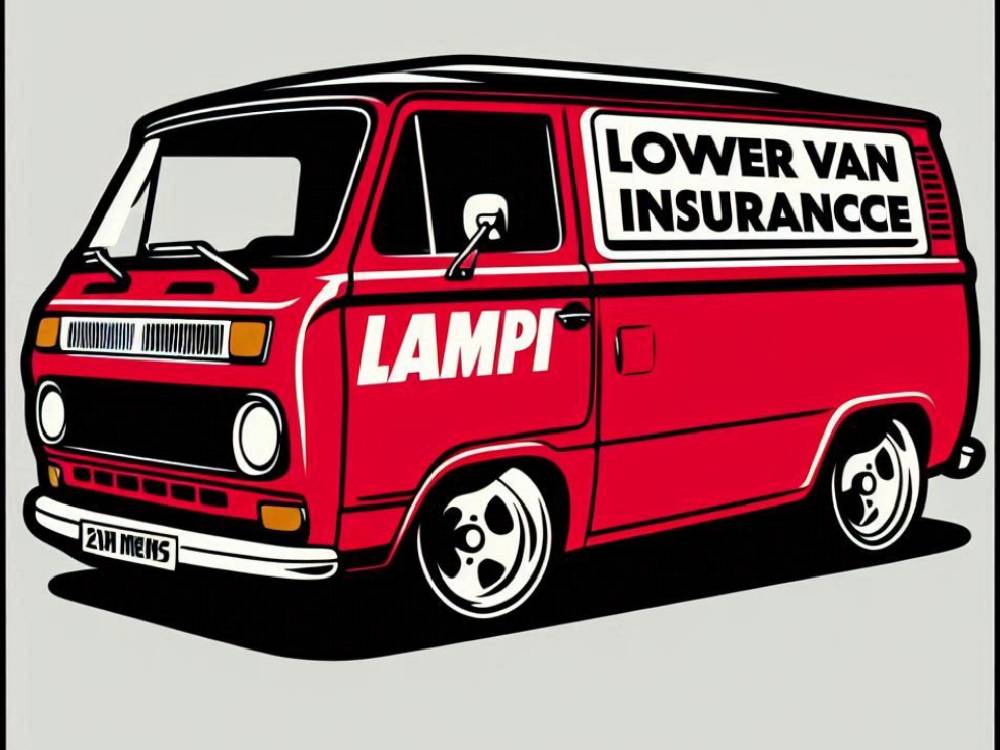The urban logistics landscape is undergoing a profound transformation as Flexis, an innovative joint venture between industry giants Renault Group, Volvo Group, and CMA CGM, unveils its comprehensive range of electric delivery vehicles. This strategic collaboration represents a significant milestone in the evolution of sustainable last-mile delivery solutions, addressing the increasingly complex challenges of urban transportation in an environmentally conscious world.
A Purpose-Built Electric Solution for Modern Urban Logistics
Flexis has engineered its vehicle lineup from the ground up specifically for urban environments, creating what could be described as the first truly comprehensive electric ecosystem for city logistics. Unlike many competitors who have adapted existing combustion engine vehicles to electric powertrains, Flexis has developed an EV-native skateboard platform that optimizes every aspect of the vehicle's design for electric operation.
This fundamental architectural choice allows for superior space utilization, improved weight distribution, and enhanced operational efficiency—factors that are particularly crucial in dense urban settings where vehicles must navigate tight spaces while maximizing payload capacity.
Three Distinct Vehicle Types for Specialized Urban Tasks
Understanding that urban logistics encompasses varying operational requirements, Flexis has developed three specialized vehicle types:
-
Step-in Van: This medium-sized van features innovative front sliding doors and a rear shutter, creating a revolutionary approach to urban deliveries. The design enables drivers to move efficiently between the cockpit and cargo areas, potentially reducing delivery times and improving ergonomics for delivery personnel who make dozens of stops per day.
-
Panel Van: Specifically designed for urban maneuverability, this compact multi-purpose vehicle stands at just 1.9 meters tall, enabling access to underground parking garages and low-clearance areas that are common in European city centers. This height optimization addresses a significant operational constraint faced by many delivery services in historic urban areas.
-
Cargo Van: Focused exclusively on last-mile delivery efficiency, this variant features a highly modular cargo box that can be configured for various specialized applications, including temperature-controlled transportation. This adaptability allows logistics companies to customize their fleet for specific delivery requirements without compromising operational consistency.
Industry-Leading Electric Performance
The Flexis vehicle range offers performance specifications that position it at the forefront of the electric commercial vehicle sector. With a maximum WLTP range of up to 450 kilometers on a single charge, these vehicles significantly exceed the typical daily mileage requirements of urban delivery routes, eliminating range anxiety as an operational concern.
Perhaps even more impressive is the rapid charging capability, which allows the batteries to reach 80% capacity in under 20 minutes. This quick-charging functionality addresses one of the most significant barriers to electric vehicle adoption in commercial applications—minimizing downtime and enabling more efficient fleet utilization throughout operating hours.
Software-Defined Vehicle Architecture: A Digital Revolution
Beyond the physical vehicles themselves, Flexis has implemented a sophisticated Software-Defined Vehicle (SDV) architecture that transforms these delivery vans into connected, intelligent operational assets. This digital framework allows for continuous over-the-air updates, ensuring the vehicles can evolve their capabilities throughout their operational lifespan.
The integrated FlexE Connect platform serves as a centralized management system that provides real-time diagnostics, predictive maintenance recommendations, and comprehensive fleet monitoring capabilities. For logistics companies, this digital infrastructure translates into tangible benefits:
-
Reduced vehicle downtime through proactive maintenance scheduling
-
Optimized route planning based on real-time operational data
-
Enhanced energy management to maximize battery performance
-
Seamless integration with existing logistics software systems
This digital ecosystem represents a significant advancement over traditional commercial vehicles, positioning Flexis as a technology company as much as a vehicle manufacturer.
Market Validation Through Strategic Partnerships
The concept's viability has already been validated through ten letters of intent from major logistics providers across France, the UK, and Germany. These agreements potentially represent 15,000 vehicles over the next three years, suggesting strong market confidence in Flexis' approach.
The participation of established industry players like Colis Privé, HIVED, and DB Schenker indicates that Flexis has successfully addressed the practical concerns of logistics operators. These early adopters have specifically highlighted the vehicles' adaptability, efficiency, and driver-centric design as key factors in their decision to partner with Flexis.
Driver-Centric Design Philosophy
A distinguishing feature of the Flexis vehicle range is its emphasis on driver comfort and operational efficiency. The low-floor design significantly reduces the physical strain on delivery personnel who may enter and exit their vehicles dozens of times per day. This ergonomic consideration not only improves driver well-being but also potentially increases delivery efficiency and reduces injury-related downtime.
The improved seating position and overall cabin design reflect Flexis' understanding that driver satisfaction directly impacts operational effectiveness in last-mile delivery applications. By creating a more comfortable and intuitive working environment, these vehicles may help logistics companies address driver retention challenges—an increasingly important consideration in a competitive labor market.
Production Timeline and Manufacturing Strategy
Flexis has now entered its industrialization and pre-commercialization phase, with production scheduled to begin at Renault Group's Sandouville plant in France in 2026. This timeline gives potential customers approximately one year to prepare their operations for integration of these new vehicles.
The selection of the Sandouville facility leverages Renault Group's established manufacturing expertise while ensuring European production for European markets. This localized manufacturing approach may provide advantages in terms of supply chain resilience and regulatory compliance as European environmental standards continue to evolve.
Positioning Within the Broader Urban Mobility Transition
As CEO Philippe Divry articulated, Flexis' mission extends beyond vehicle manufacturing to supporting and accelerating the broader electrification of urban logistics. This ambitious goal positions the company not merely as a vehicle supplier but as a catalyst for sustainable transformation within the logistics sector.
By offering vehicles that are "100% electric, 100% connected, 100% customizable, and 100% designed for cities," Flexis has created a comprehensive solution that addresses the multifaceted challenges of modern urban delivery operations. This holistic approach differentiates Flexis from competitors who may focus more narrowly on vehicle electrification without considering the broader operational ecosystem.
Conclusion: A Transformative Impact on Urban Logistics
The introduction of Flexis' electric vehicle range represents more than just another entry into the commercial EV market—it signals a fundamental rethinking of how urban deliveries can be conducted in an increasingly congested and environmentally conscious world. By combining purpose-built electric vehicles with advanced digital capabilities and driver-centric design, Flexis has created an integrated solution that addresses the complex challenges facing modern logistics providers.
As production ramps up toward the 2026 launch date, the impact of these vehicles on European urban environments could be substantial, potentially contributing to reduced emissions, lower noise pollution, and more efficient delivery operations in cities across the continent. For logistics companies navigating increasingly stringent urban access regulations and sustainability commitments, the Flexis vehicle range offers a forward-looking solution that aligns operational needs with environmental responsibilities.
Retry

